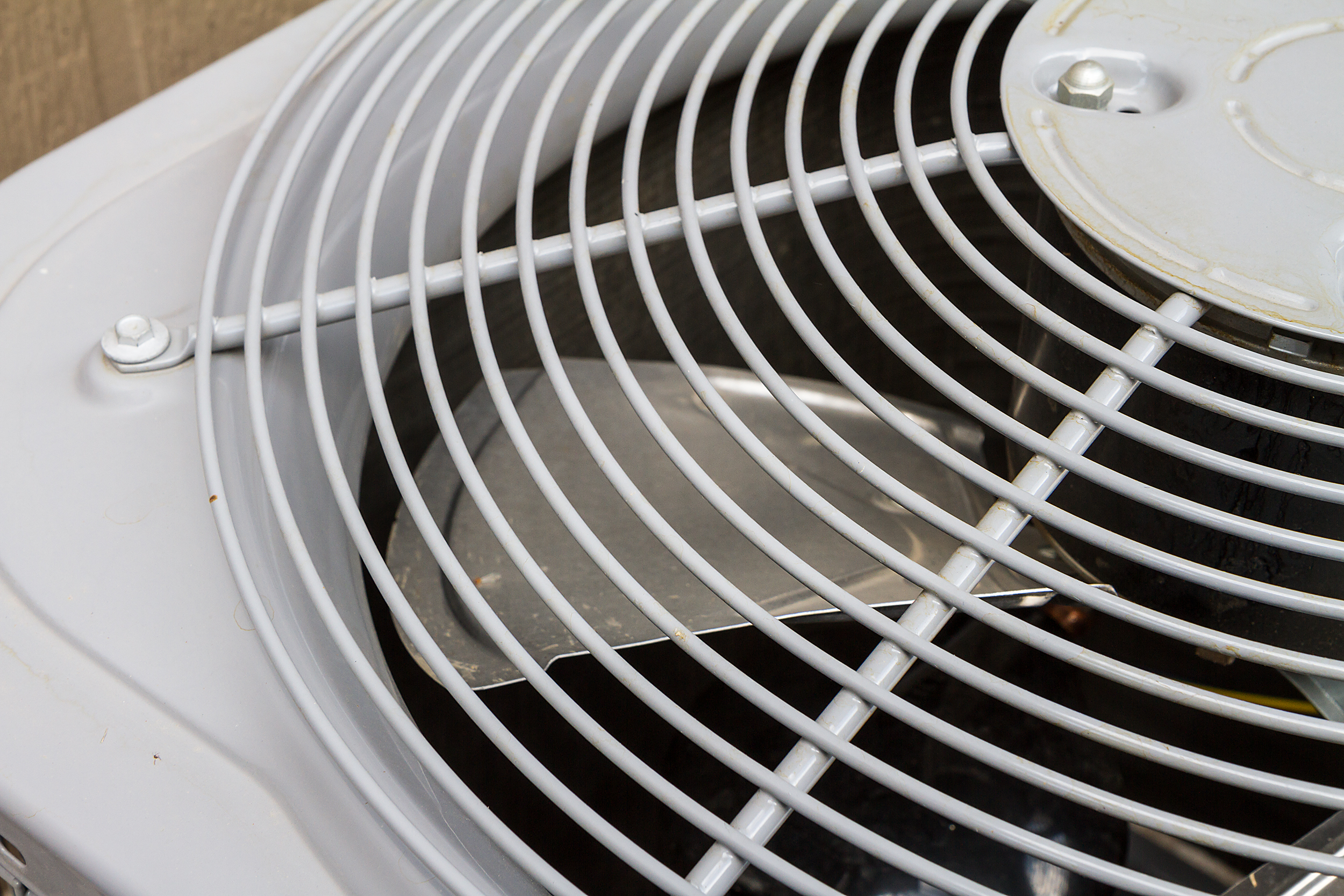Is rain affecting your HVAC system? For most homeowners, the answer is probably no. However, there are situations where rain can be a problem because of the way it's making your HVAC system perform. Excessive rainfall can also have a serious impact on the equipment itself. Read on to learn how.
Rain, High Humidity, and Your HVAC
Your HVAC system is key to controlling the relative humidity in your home. Moisture is drawn into the system in the return air, evaporating on the coils and then being channeled out of the home through the condensate drain. This method of dehumidifying the home usually works well unless the evaporator coils are dirty, the condensate drain becomes plugged, or the air filter is so dirty that airflow is slowed down and the AC stops running properly.
In times of excessive rainfall, relative humidity in your home may rise uncomfortably. You feel warmer and turn the air conditioner way up to compensate, thus wasting energy and money on utility bills.
Perhaps you have a roof leak or a plumbing leak, or perhaps the ground around your home is so saturated that it's affecting interior conditions. At these times, your AC may not be able to dehumidify effectively. It might be that you should also install a dehumidifier to help your AC keep up with the excess moisture.
Flooding and Your HVAC
If you live in an area prone to flooding and your HVAC system is in a low place, you've probably already figured out that you need to move it.
Otherwise, you may worry at times that heavy rainfall seems to cause deep ponding in your yard. If it seems like the water is rising at an alarming rate and might affect your HVAC, be advised that if it's just a few inches of water, it should be alright. Nevertheless, it's best to turn the power off, and if any flooding does occur, after your unit dries out, have an HVAC technician inspect it for damage.
For more on rain affecting your HVAC system adversely, contact Air Assurance of Broken Arrow.




